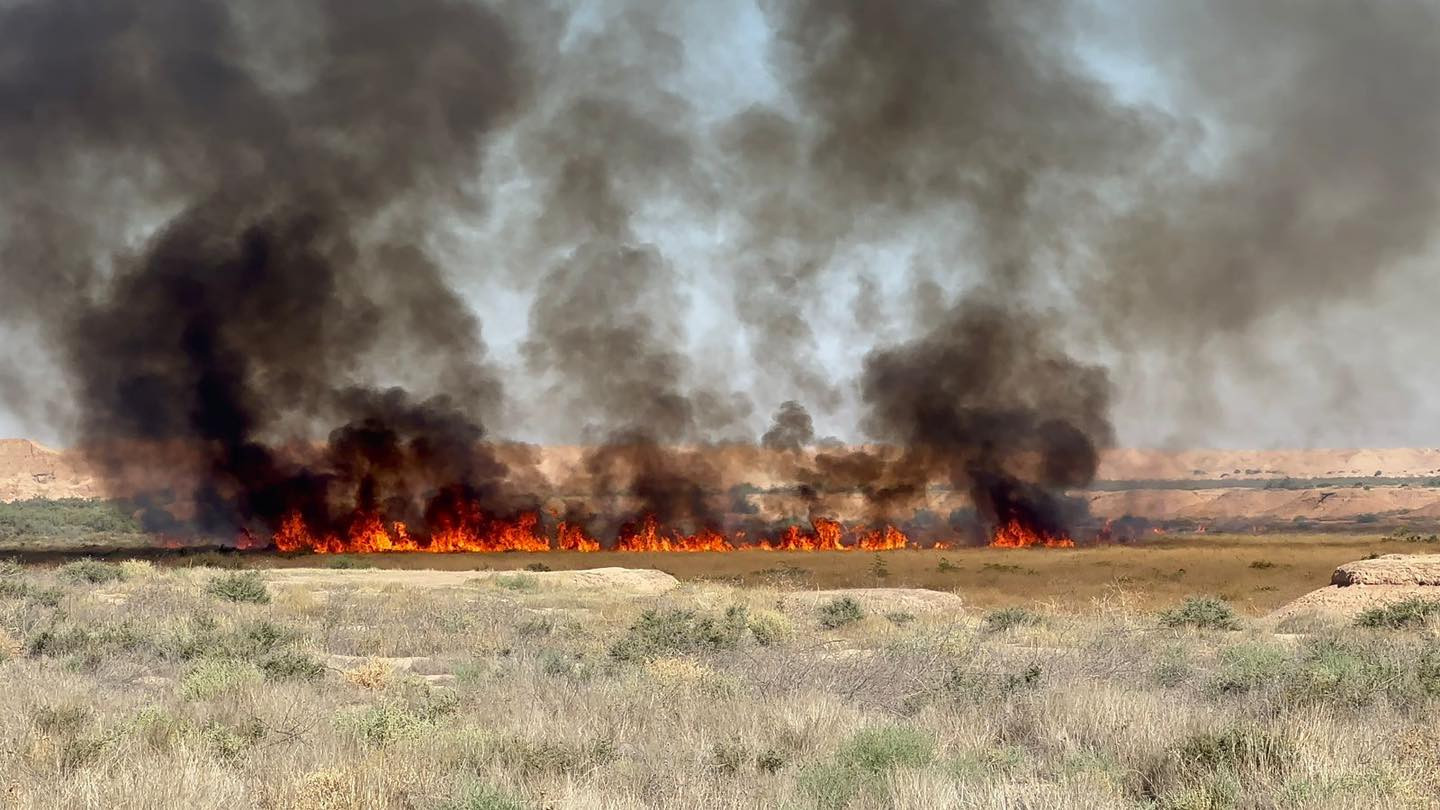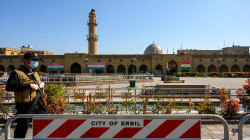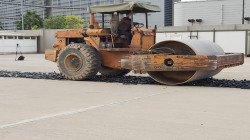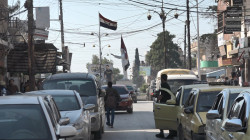Iraqi Counter-Terrorism forces arrest three terrorists, destroy multiple hideouts

Shafaq News / On Saturday, Iraq's Counter-Terrorism Service (CTS) announced that it had carried out several operations resulting in the arrest of terrorists and the destruction of numerous hideouts across different regions of the country.
In a statement, CTS detailed that, in coordination with the Kurdistan Region’s Asayish Operations Directorate, two terrorists were captured in Al-Sulaymaniyah governorate.
The statement added, "As part of efforts to track remnants of ISIS, the Service conducted a specialized operation leading to the arrest of one of the most dangerous terrorists, who held a security position in the so-called Southern Province (Wilayat Al-Janoub) of ISIS and had participated in multiple battles in Anbar governorate."
In another operation involving aerial surveillance and reconnaissance, the service carried out an air raid that destroyed 13 hideouts in Kirkuk governorate. “These hideouts contained improvised explosive devices (IEDs) and containers of C-4 explosives.”
Since the beginning of 2024, Iraqi forces have ramped up counter-terrorism operations across several governorates, including Saladin, Kirkuk, Diyala, and Al-Anbar. These efforts have led to the destruction of numerous hideouts, the capture of ISIS members, and the elimination of several high-ranking leaders.
On Tuesday, the Iraqi Joint Operations Command (JOC) confirmed the death of Abu Omar al-Qurayshi, the ISIS-appointed governor (Wali) of Saladin, during a recent military operation. A day earlier, the Iraqi Air Force conducted an airstrike on a terrorist hideout in the Al-Aith area, within the Saladin operations sector, killing six ISIS militants.
Although ISIS was territorially defeated in Iraq in 2017, the group remains a significant threat. It continues to employ insurgency tactics, targeting Iraqi security forces and civilian areas. ISIS has adapted by forming small, elusive units that operate in remote, rugged regions.
Military officials maintain that ISIS is no longer capable of conducting large-scale operations, but isolated elements are exploiting security gaps to reestablish a presence in the region.





